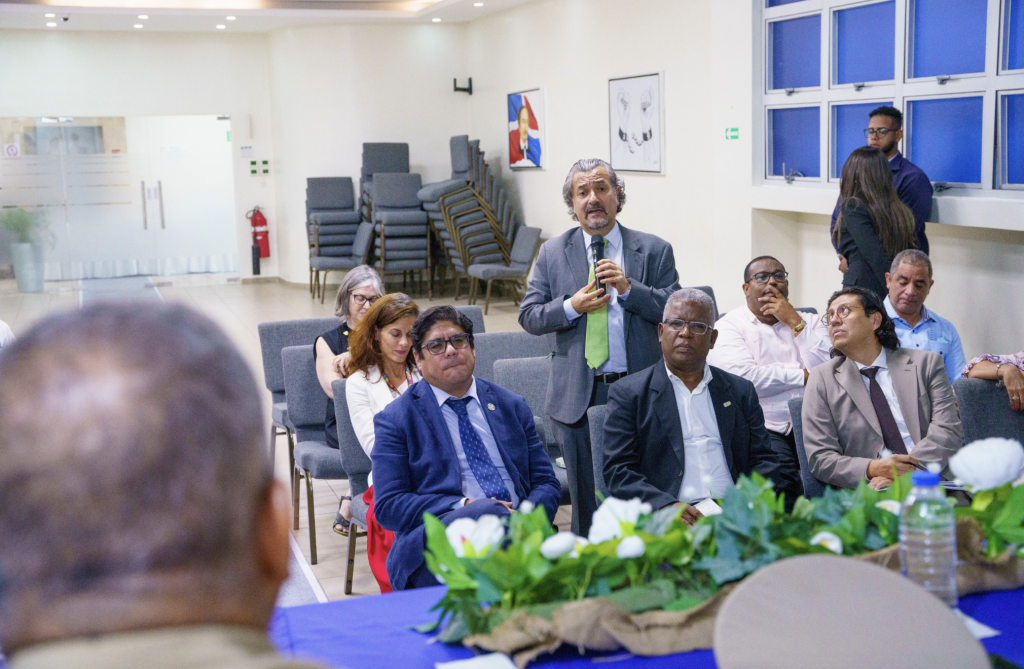
The newly appointed director general of Migration, Vice Admiral Rafael Lee Ballester met with representatives from United Nations agencies involved in migration, human rights and children’s programs. He outlined a plan to intensify border controls and reduce the perceived influx of migrants in communities across the country. In addition to his role as Migration director, Lee Ballester is also director general of the Centro de Comando, Control, Comunicaciones, Computadoras, Ciberseguridad e Inteligencia de las Fuerzas Armadas (C5i), the Armed Forces intelligence division.
Vice Admiral Luis R. Lee Ballester reaffirmed his commitment to enforcing Dominican laws, as directed by President Luis Abinader. He also pledged to uphold international protocols and standards to ensure the dignity and rights of repatriated individuals.
“We will ensure due process is followed, respecting the fundamental rights of all people, including children and adolescents. At the same time, we will guarantee security, order, and compliance with Law 285-04,” he stated.
The meeting, held at the DGM’s conference room, was attended by delegates from the International Organization for Migration (IOM), the United Nations Children’s Fund (UNICEF), the United Nations High Commissioner for Refugees (UNHCR), the United Nations Resident Coordinator’s Office (RCO), the United Nations Office on Drugs and Crime (UNODC), and the United Nations Population Fund (UNFPA).
For decades, the United Nations has lobbied for the setting up of refugee camps in the Dominican Republic for destitute Haitians.
The Dominican government has been lenient and has allowed hundreds of thousands of undocumented Haitians to settle in the Dominican Republic. In recent years, the numbers have increased given the worsening of the failed state status in Haiti. This situation has been increasingly burdening the Dominican Republic with billions in social services. In addition, one of the most serious problems is that most Haitians who cross here do not have legal identities and when they migrate they create major problems for their host country.
Read more in Spanish:
Diario Libre
N Digital
9 October 2024

